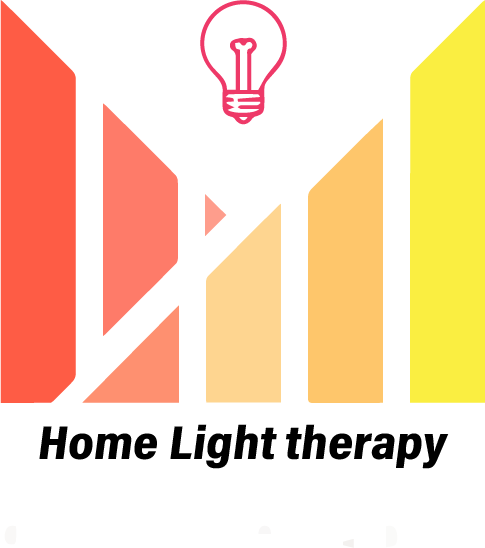We all know sleep is crucial for our health and well-being, but what happens when "life" gets in the way? Are there any actions that can help in these situations? If you have a baby or a young child, you will know that sleep disruption is a way of life, but what else can cause sleep disruptions? Stress, work schedules, and personal commitments can all lead to short-term sleep disruptions.

While the occasional sleepless night might seem harmless, it can have significant impacts on your mental and physical health. Let's explore these effects and discover practical tips to help you bounce back from short-term sleep disruptions.
Mental and Physical Health
Mental Health:
Missing out on sleep can immediately affect your mental health. You might find it hard to concentrate, remember things, or make decisions. Sleep deprivation can also lead to mood swings, irritability, and increased stress. If you're prone to anxiety or depression, lack of sleep can make these symptoms worse, creating a tough cycle of poor sleep and declining mental health. This is very important for you to consider when trying to improve mental and physical health.
Physical Health:
Physically, lack of sleep can slow your reaction times, affect your coordination, and increase the risk of accidents. If you're an athlete or enjoy regular exercise, you might notice a drop in performance, as sleep is essential for muscle recovery and stamina. Poor sleep can also weaken your immune system, making you more susceptible to illnesses. This is especially relevant when it comes to kids and parents and helping the family fight of the "school illness".
Hormonal Health
Leptin and Ghrelin:
Sleep disruption affects hunger hormones. Leptin, which signals fullness, decreases, while ghrelin, which stimulates hunger, increases. This imbalance can lead to cravings for high-calorie foods, potentially causing weight gain over time. So the next time you have a bad night sleep, remember that the odd cravings are just a symptom. The cravings for high calorie, sugary, salty food are a symptom that can lead to excess processed food intake. Preparing snacks for these occasion might allow you to satisfy elements of the cravings without over indulging on processed food.
Insulin Sensitivity:
Short-term sleep deprivation can impair your body's ability to use insulin effectively, increasing the risk of insulin resistance and, eventually, type 2 diabetes. Good sleep hygiene is vital for maintaining metabolic health.
Now we discussed the issues caused by short term sleep disruption, is there anything we can do to help?
6 Simple Tips to Mitigate Short-Term Sleep Disruption
1. Morning Sunlight Exposure:
Spend 15-30 minutes in natural sunlight each morning to help reset your internal clock and improve your ability to fall asleep at night.

2. Higher Protein Intake:
A protein-rich breakfast can stabilize blood sugar levels and reduce hunger throughout the day, helping maintain energy levels even after a poor night's sleep.
3. Power Naps:
A 20-30 minute nap can boost alertness and cognitive function. Avoid longer naps to prevent interfering with your nighttime sleep. The power nap is only utilised at set times and during circadian dead zones during the day (usually between 11 and 13 but that is open to change depending on your schedule).
4. Limit Caffeine and Alcohol:
Caffeine and alcohol can disrupt sleep patterns. Try to limit these substances, especially in the hours leading up to bedtime. Caffeine can be used in very short term situations to limit some of the mental deficits. In this case, the best way to utilize caffeine is to have after getting morning sun and about 2-3 after waking. Similarly, alcohol might make you feel drowsy initially but can lead to fragmented sleep and inhibit full phase sleep which can lead to a further build up of sleep disrupted symptoms.
5. Relaxation Techniques:
Incorporate deep breathing exercises, meditation, or gentle yoga into your daily routine to reduce stress and promote better sleep quality.
6. The additional Role of Red Light Therapy
Red light therapy has shown good results in combatting the effects of short-term sleep disruption. The reason for the positive effects, is by how it works on the body. Photobiomodulation (red light therapy, LLLT) therapy involves exposing your body to low levels of red or near-infrared light, which penetrates the skin and boosts cellular function.
Blood Sugar Control:
Red light therapy has been shown improve insulin sensitivity, helping to stabilize blood sugar levels. This could be especially beneficial after a night of poor sleep as was discussed earlier.
Hormonal Balance:
Exposure to red light has been shown to help regulate hunger hormones like leptin and ghrelin, reducing cravings and aiding in maintaining a healthy weight. From a personal point of view, this is something I notice.
Energy Levels:
By enhancing mitochondrial function, red light therapy boosts cellular energy production, helping you feel more alert and focused, even after a disrupted night of sleep. So if you want to avoid or limit those feelings of lethargy and laziness as much as possible, red light therapy might be something for you.
In conclusion, while short-term sleep disruption is common, its negative effects on mental and physical health are significant. The article isn't to scare you, it is to inform you. By understanding these impacts and implementing simple strategies, including red light therapy, you can manage occasional sleepless nights and maintain overall health.
As always, prioritize good sleep hygiene and make conscious lifestyle choices to navigate the challenges of short-term sleep disruption effectively.

